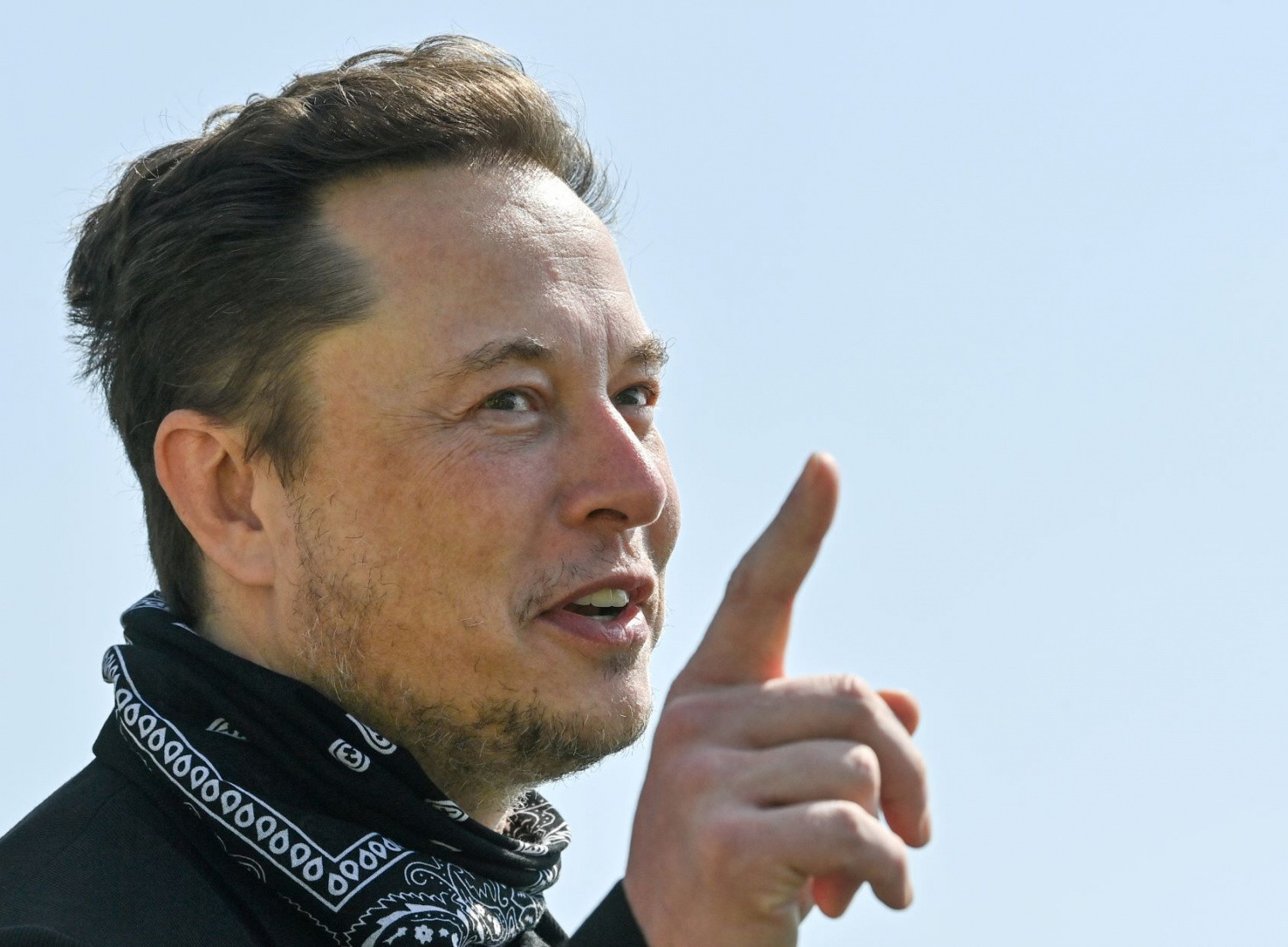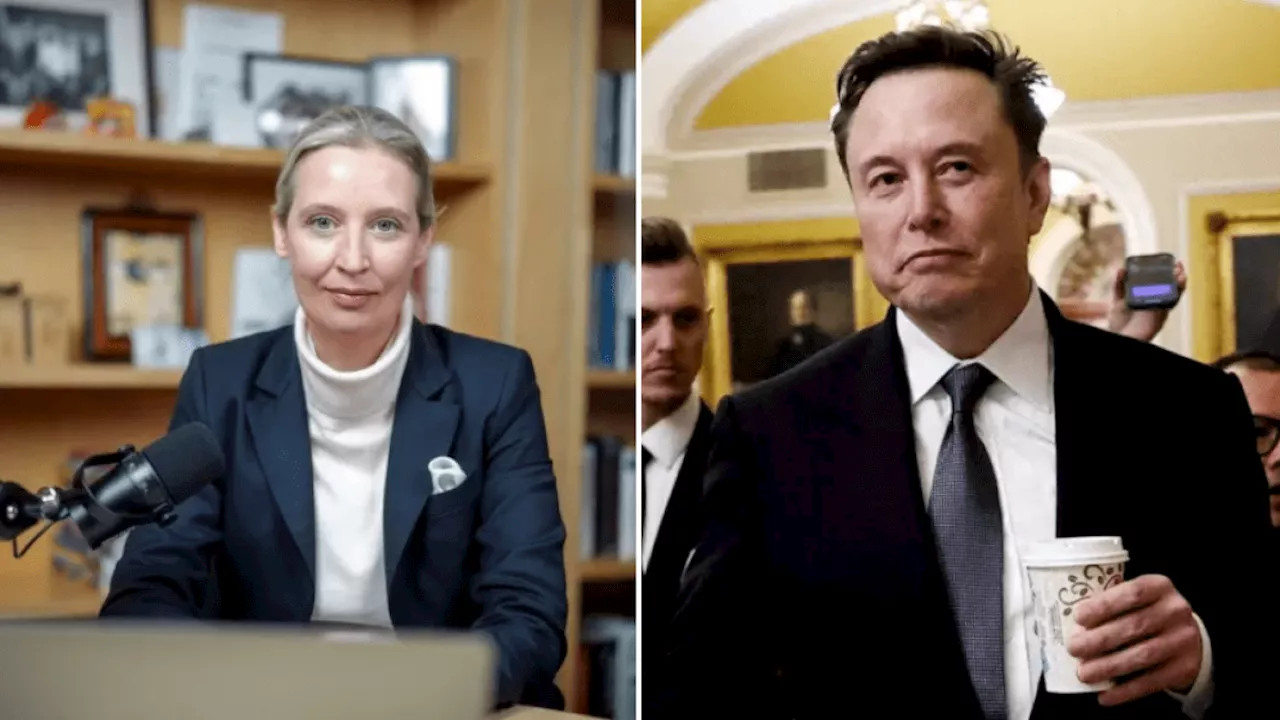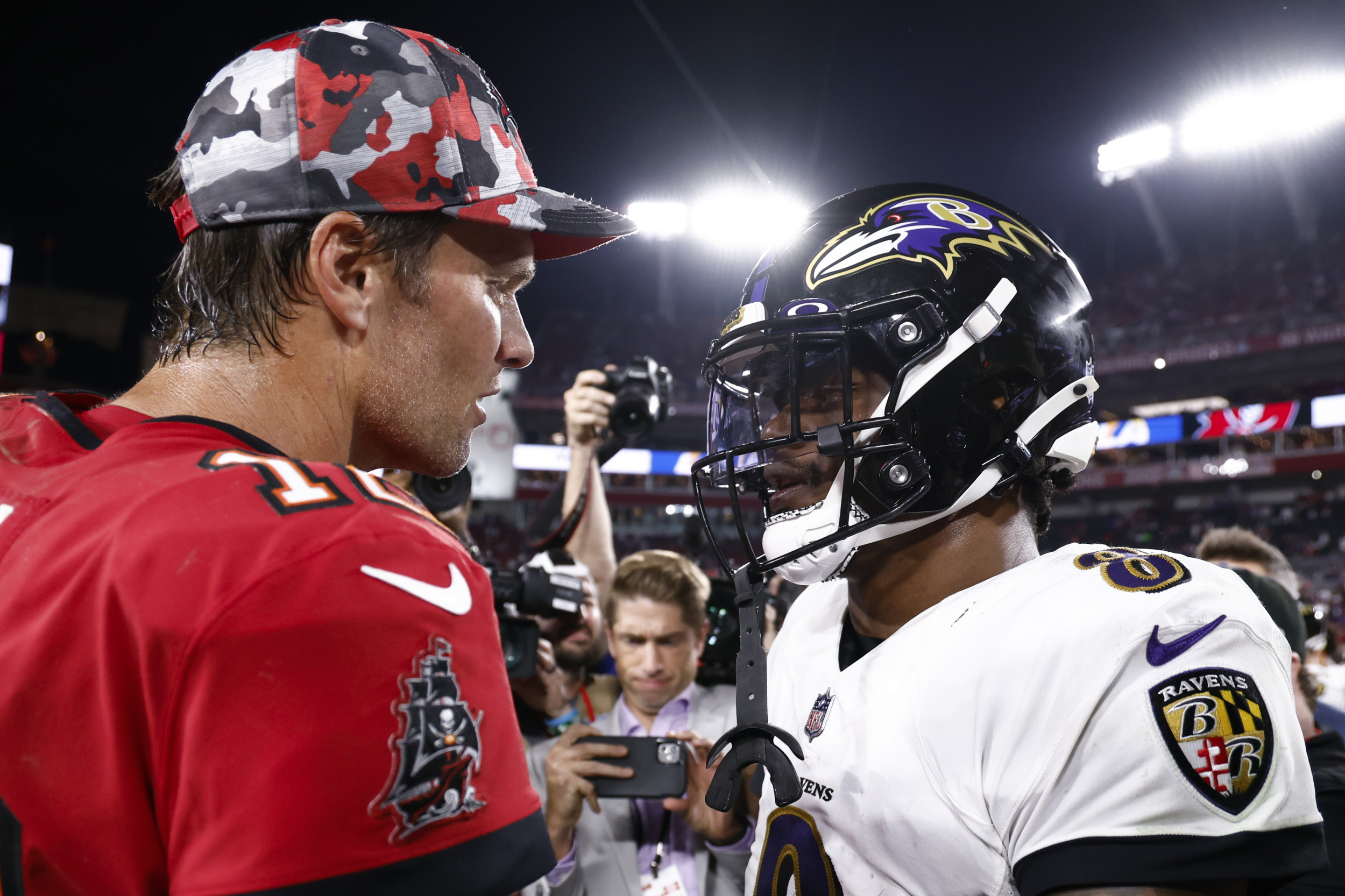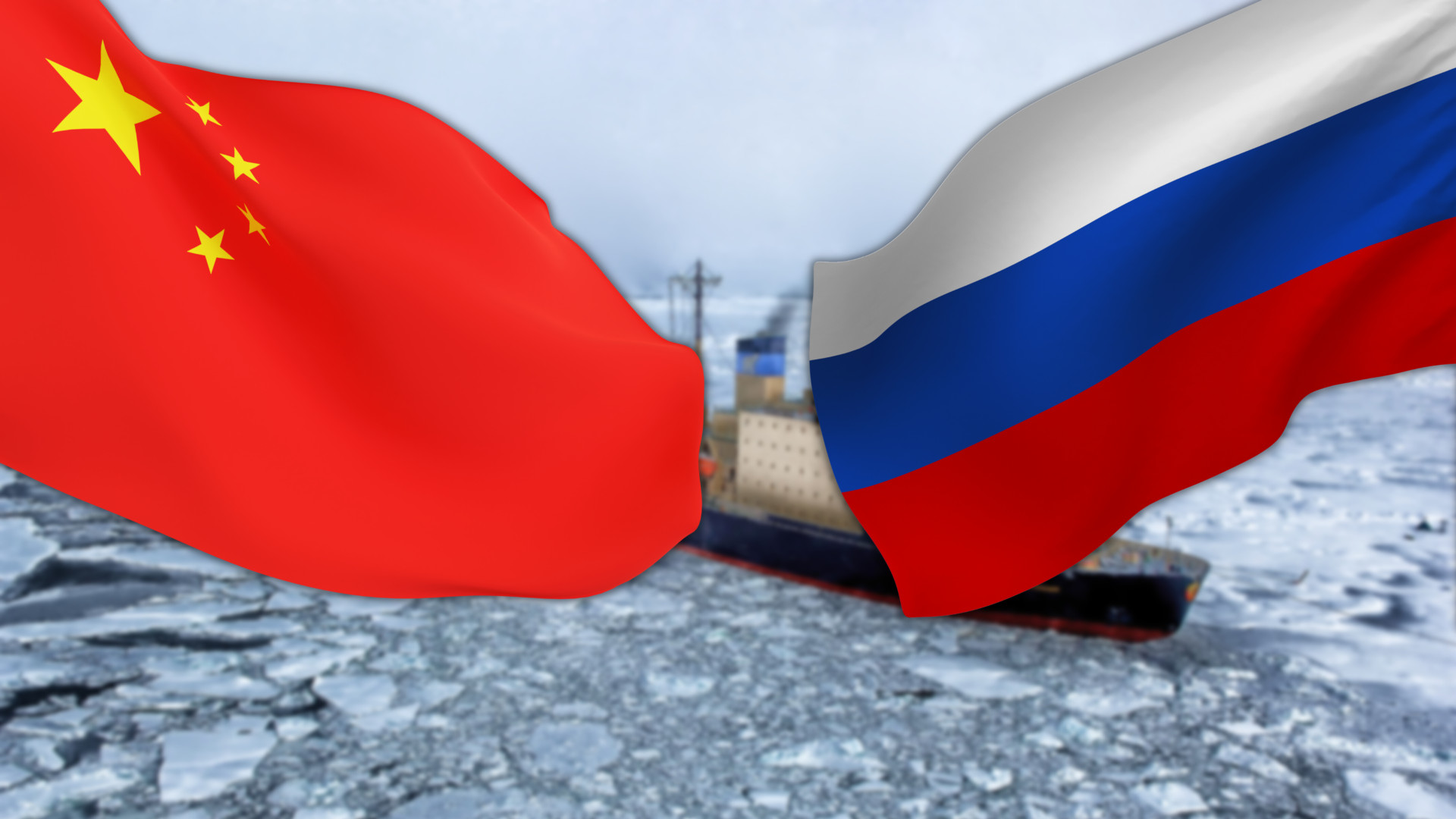Elon Musk's Controversial Backing of Germany's Far-Right AfD Party
The world's richest man, Elon Musk, made a stunning virtual appearance at a campaign rally for Germany's far-right Alternative für Deutschland (AfD) party on Saturday, openly endorsing the group and declaring it the "best hope" for the country. His comments, delivered just days before the 80th anniversary of the liberation of Auschwitz, have ignited a firestorm of criticism, sparking intense debate about the implications of his actions on German politics and global democratic processes.
Musk's Remarks and the Backlash
During the rally in Halle, eastern Germany, Musk stated that Germany has an “excessive focus on past guilt” and urged a shift towards celebrating German culture and values, cautioning against multiculturalism that might dilute national identity. This statement echoes the AfD's platform, which seeks to downplay Germany's Nazi past, a perspective that has drawn condemnation within Germany and internationally. The chairman of Yad Vashem, Israel’s Holocaust memorial, Dani Dayan, called Musk’s words an “insult to the victims of Nazism and a clear danger to the democratic future of Germany.” This viewpoint was not an isolated one. Many prominent figures echoed similar sentiments.
Musk's remarks followed earlier controversy surrounding a gesture he made during a speech in Washington that many interpreted as a Nazi salute, further fueling criticism against him. Although the Anti-Defamation League (ADL) initially attempted to downplay the gesture, Musk's subsequent joke referencing Nazi leaders on X elicited a sharp rebuke from ADL CEO Jonathan Greenblatt, who rightfully pointed out that the Holocaust is not a subject of amusement.
The AfD's Platform and Ideologies
The AfD, a party that has become increasingly vocal in its anti-immigration and nationalist stances, has gained traction in Germany's political landscape. Their platform openly opposes multiculturalism and emphasizes a restrictive approach to immigration. A key aspect of the AfD's ideology is the downplaying of Germany's Nazi past, a view they have promoted through repeated statements and public pronouncements. Their co-founder, Alexander Gauland, famously dismissed the Nazi era as a mere “speck of bird’s muck” in German history. The timing of Musk’s intervention, coming shortly after his controversial gesture, further complicates the situation. The AfD's denial of extremist leanings notwithstanding, its history and ongoing rhetoric continue to generate immense controversy.
Musk's Broader Political Engagement
Musk's support for the AfD is not an isolated incident. He has publicly endorsed several hard-right political movements across Europe. This includes backing the anti-immigrant AfD, becoming one of the most prominent and powerful voices expressing support for the group in Germany. Beyond Germany, he has voiced support for Reform UK in the United Kingdom and Italian Prime Minister Giorgia Meloni, whom he lauded as a “precious genius.” This widespread support for various right-wing groups suggests a deliberate pattern, raising concerns about his political motivations and their impact on international relations.
Analysis of Musk's Motivation
The reasons behind Musk’s apparent shift towards right-wing politics are subject to multiple interpretations. Some speculate his actions are purely transactional; boosting the AfD might benefit his economic interests in Germany, particularly his Tesla factory near Berlin. Others suggest a deeper ideological alignment, reflecting a broader worldview consistent with his stated preferences. Regardless of the motivations, the consequences are undeniable. Musk's interventions have provided the AfD with significant publicity, potentially boosting their chances in the upcoming election. This underscores the considerable influence Musk wields, particularly through his ownership of X, formerly Twitter.
The International Response and Future Implications
Musk's support for the AfD has attracted condemnation across Europe and beyond. His pronouncements and activities have been criticized by various government officials and political analysts, creating a strong international backlash. The ongoing debate raises profound questions concerning the influence of powerful individuals, like Musk, on political processes and the potential threats to liberal democracy. His considerable wealth and influence, coupled with his control over social media platforms, enable him to shape public discourse, potentially undermining democratic norms and practices. The future implications of Musk’s actions are far-reaching and require careful consideration and public analysis.
The Unfolding German Election and Beyond
The German elections scheduled for February are critical, given the AfD’s current popularity. Musk’s endorsement has added another dimension to the election and could play a significant role in shaping the outcome. This election holds implications not only for Germany, but also for the broader European political landscape and possibly beyond, given the interconnected nature of global affairs. Therefore, the stakes are incredibly high. The political ramifications of Musk's involvement continue to evolve, making it crucial to stay informed and engaged as events unfold. The global community watches with bated breath.
The protests that occurred simultaneously in various German cities underscored the widespread opposition to the AfD’s rise. These demonstrations demonstrate a strong commitment to preserving democratic values and countering the influence of far-right ideologies. The ongoing situation remains highly dynamic, demanding constant attention and analysis from international observers.


















